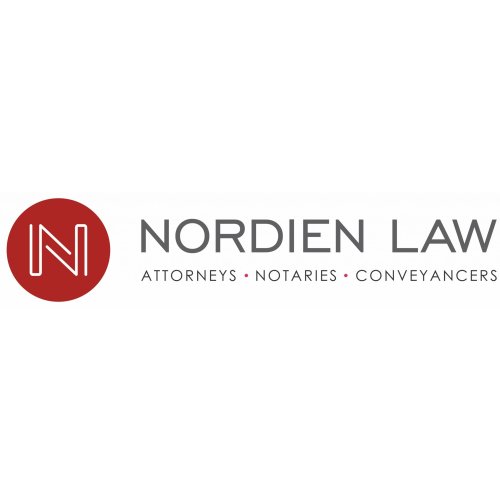Best New Business Formation Lawyers in Cape Town
Share your needs with us, get contacted by law firms.
Free. Takes 2 min.
List of the best lawyers in Cape Town, South Africa
About New Business Formation Law in Cape Town, South Africa
New Business Formation in Cape Town, South Africa, involves a complex legal process that comprises of various steps starting from conception of business idea to its official registration. These steps include choosing the suitable business format (sole trader, partnership or limited company), selecting a business name, registering your business with the Companies and Intellectual Property Commission (CIPC), complying with necessary tax obligations, and adhering with labour laws if you expect to have employees.
Why You May Need a Lawyer
While one can go about starting a new business alone, the legal complexities that come with business formation often call for professional expertise. Lawyers in this field can help with understanding and choosing the right business format, help with name reservation, business registration, advise on tax obligations, ensure compliance with labour laws and handle any arising legal issues in a more efficient and professional manner.
Local Laws Overview
Key aspects of the local laws that apply to New Business Formation in Cape Town include the Companies Act of 2008, Tax Administration Acts, Labour Relations Act, Basic Conditions of Employment Act, among others. Depending upon the nature of your business, you may also need to comply with the Consumer Protection Act, the Electronic Communications and Transactions Act, and other specific acts related to your industry.
Frequently Asked Questions
What are the requirements for forming a new business in Cape Town, South Africa?
The primary steps toward forming a new business in Cape Town are the reservation of a name, registration of the business with the CIPC, and compliance with tax obligations.
Why do I need to register my business?
Business registration is a legal requirement under South African law. It establishes your business as a legal entity, offering certain protections, rights, and obligations.
How long does it take to establish a new business?
The duration normally depends on the type of business entity being formed. Typically, though, it takes a few weeks to complete the entire business setup process, including registration.
What are the common challenges in forming a new business?
Most common challenges include understanding and complying with tax obligations, selecting the right business structure, procuring necessary licences and adhering to local business laws.
Can I change the legal structure of my business at a later date?
Yes, it is possible to change the legal structure of your business at a later date. However, it's a complex process that comes with its own legal implications.
Additional Resources
The Companies and Intellectual Property Commission (CIPC), South African Revenue Service (SARS), and the Department of Labour are valuable resources when starting a new business. For labour-related issues, the Commission for Conciliation, Mediation and Arbitration (CCMA) can be a helpful institution.
Next Steps
If you need legal assistance in New Business Formation, consider hiring a lawyer to guide you through the process. A lawyer can help ensure that you have complied with all legal requirements, mitigating any legal risks. Furthermore, it may be beneficial to attend workshops or webinars for new business owners in Cape Town to further understand the process and local business landscape.
Lawzana helps you find the best lawyers and law firms in Cape Town through a curated and pre-screened list of qualified legal professionals. Our platform offers rankings and detailed profiles of attorneys and law firms, allowing you to compare based on practice areas, including New Business Formation, experience, and client feedback.
Each profile includes a description of the firm's areas of practice, client reviews, team members and partners, year of establishment, spoken languages, office locations, contact information, social media presence, and any published articles or resources. Most firms on our platform speak English and are experienced in both local and international legal matters.
Get a quote from top-rated law firms in Cape Town, South Africa — quickly, securely, and without unnecessary hassle.
Disclaimer:
The information provided on this page is for general informational purposes only and does not constitute legal advice. While we strive to ensure the accuracy and relevance of the content, legal information may change over time, and interpretations of the law can vary. You should always consult with a qualified legal professional for advice specific to your situation.
We disclaim all liability for actions taken or not taken based on the content of this page. If you believe any information is incorrect or outdated, please contact us, and we will review and update it where appropriate.
















